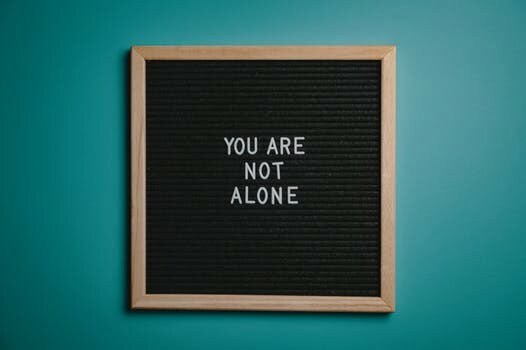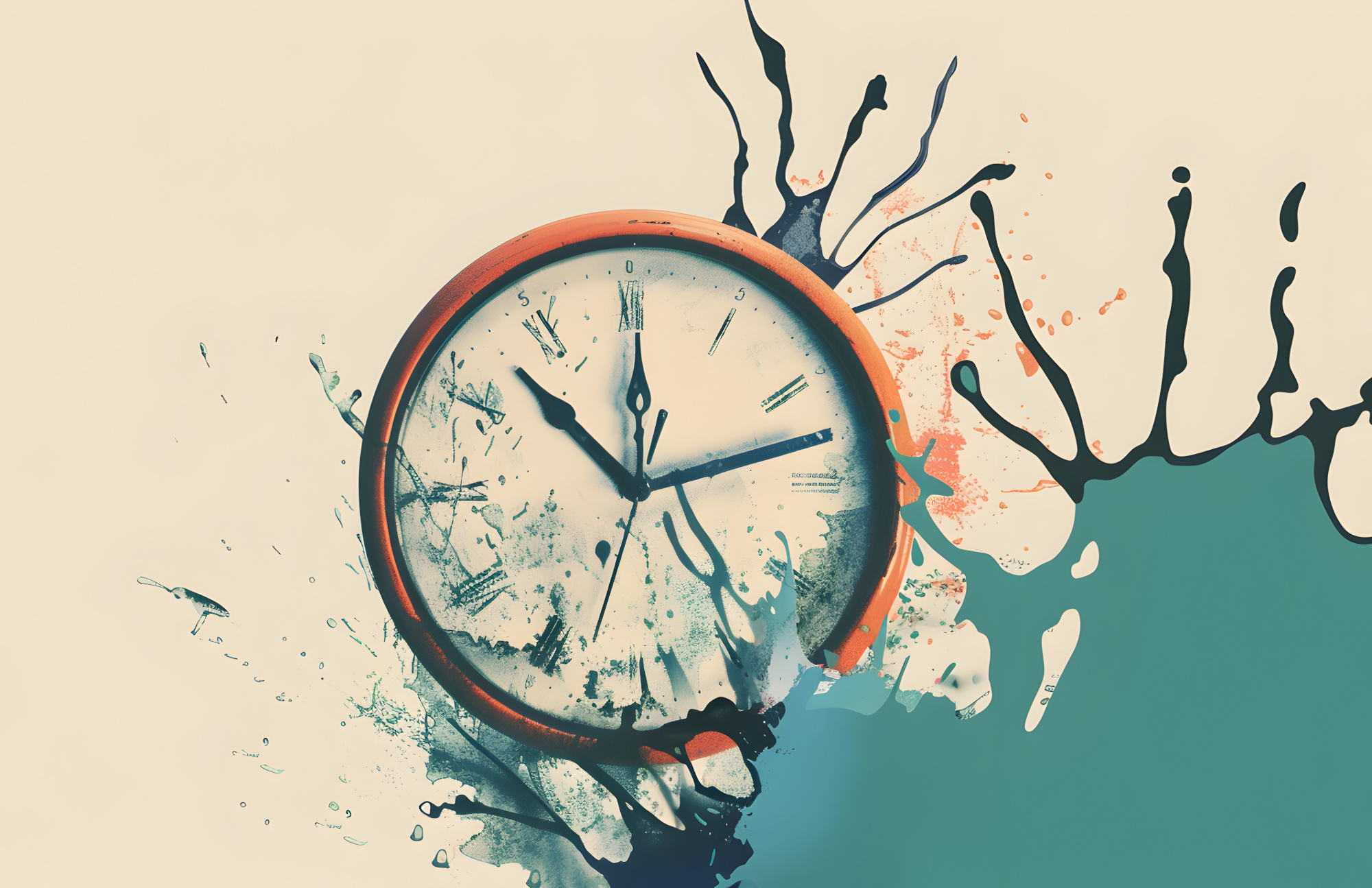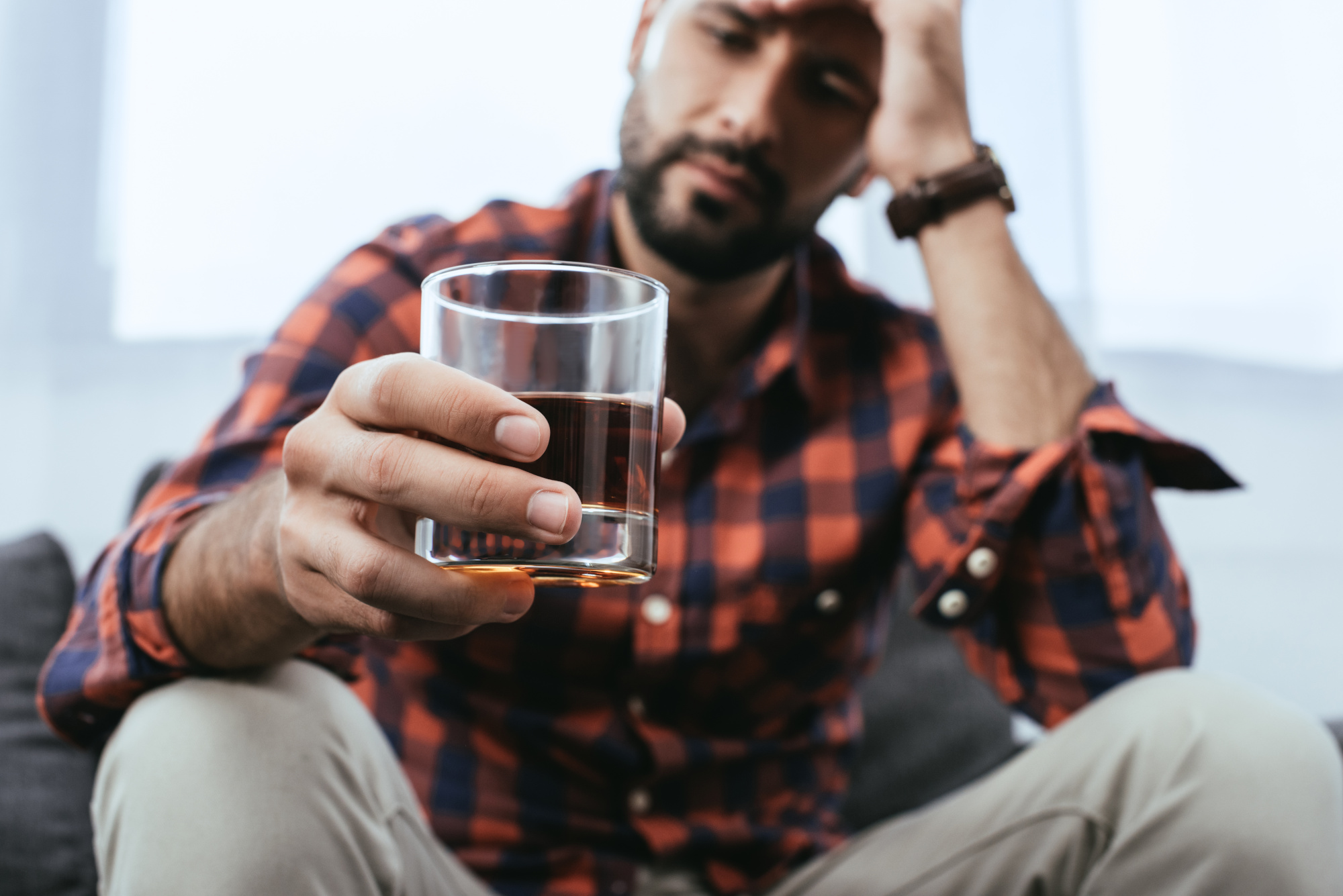One of the most difficult parts of maintaining sobriety from alcohol is how heavy the presence of the substance is in everyday life. When was the last time you went to a party, celebration, or some kind of social event where alcohol was not present? Parties or gatherings without alcohol, also known as “dry events” are a rare occurrence and not constituted as part of the status quo. No one begins drinking alcohol with the intention of becoming an alcoholic.
Unfortunately, biological make-up, environmental factors, and surroundings all play a part in the likelihood of developing an addiction to alcohol. Alcoholism, like any chronic illness, does not discriminate and anyone can fall victim to this disease. Health officials agree that drinking should be done with caution and in moderation. Where is the line between casual drinking and alcohol dependency, and how much may you be blurring the lines in your life right now?
Types of Drinking
There are many different types of drinking people partake in. Most commonly, individuals will either be causal drinkers — those who drink where it is warranted by a social event — or problem drinkers — people who use alcohol as a way to cope with life’s struggles. Causal drinkers tend to be more responsible with their drinking as they typically only indulge in a couple of drinks in those social situations. That is not to say though that these individuals are not at risk of turning to problem drinking as well, but they are less likely to develop a full-blown addiction.
However, problem drinkers tend to be a little less responsible with their alcohol consumption, with the primary goal of consumption to either dull their senses or forget stress-inducing thoughts or events. Problem drinkers may be more likely to develop alcoholism in comparison to casual drinkers, but can often manage to quit drinking on their own.
The line between problem drinking and alcoholism is extremely thin. The key difference between the two is that problem drinkers cannot regulate or stop their alcohol consumption. Many times, problem drinkers may drink too much as a way to cope with their life struggles, but drinking too much is sometimes unintentional and usually a regrettable decision for them.
There are also functioning alcoholics who can hide their excessive alcohol use. They may appear to be functioning normally in their lives exhibiting no key indicators of alcoholism, but the long-term effects of that alcohol use can be detrimental, as alcohol use can even change the brain’s chemistry.
Knowing Your Limits
There is no one breaking point between casual drinking and alcoholism. The line between the two is dependent on each individual. Everyone’s limits are different and the prevalence of you becoming victim to alcoholism is also dependent on your factors and circumstances. Setting your limits is the best way to avoid crossing that line between casual drinking and alcoholism.
For example, if you find yourself going out more frequently with friends and waking up more often than not hungover, you may need to self-reflect. How much did you drink that night? How much money did you spend on alcohol that night? Was drinking as much as you did worth the way you felt the next morning? These self-observations are how you begin evaluating your limits and regulating them more strictly.
It is common to have one night where you drink a little more than you should. Learning moderation to ensure it does not happen again will prevent you from crossing those lines. Furthermore, just because you have one out-of-control night does not mean you will suffer from alcoholism. It is better to be safe than sorry though, so proceed with caution when casually drinking.
Ohana’s Addiction Treatment Program
At The Ohana Addiction Treatment Center, treating Alcohol Use Disorder (AUD) consists of holistic and evidence-based treatments in a luxurious Hawaiian setting. The first step in treatment is detoxing, which we highly encourage you to do at a facility as the process can be incredibly dangerous.
Once you have successfully detoxed, you can enter into a treatment facility, such as Ohana, where you will learn the tools needed to maintain long-term recovery. The benefit of our program is that you will receive intensive care while maintaining the normalcies of your life whether that be continuing with work or school.
Ohana provides the opportunity for you to be free from temptations and triggers for an extended period of time increase the chances of experiencing long-term recovery. Our alcohol treatment program will provide you with the education and support necessary to reintegrate back into your daily life.
Some research suggests that people who reenter their normal lives too soon after AUD treatment is at a higher risk of relapse. Ohana’s 30-120 program will not only help you get to recovery but can help you maintain it further into your future.
Alcohol use disorder is one of the most common chronic illnesses today, with almost 14 million individuals struggling in 2019 alone. There is a very fine line between casual drinking and alcoholism. With alcohol being such an accepted part of today’s culture, it’s a social norm for it to be present at parties, celebrations, and a number of other social situations. Problem drinkers will often use alcohol as a coping mechanism for life’s struggles, but it’s not unheard of for casual drinkers to be utilizing alcohol to cope with deep psychological issues, and they may not even realize it. Once detox is complicated, The Ohana Addiction Treatment Center provides a prolonged opportunity for people to recover from their addiction and learn healthier coping techniques to maintain recovery long-term. If you or someone you love has crossed the line from casual drinking to alcoholism and is looking for a luxurious, holistic treatment program, we encourage you to call (877) 6-OHANA-2 today.







